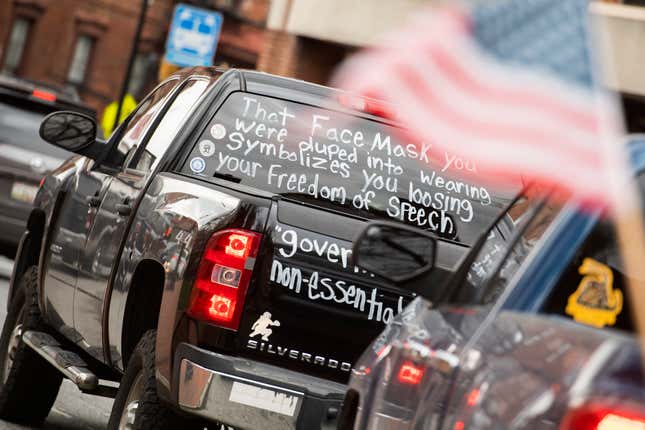Here in America, we like our trucks the way we like our novelty belt buckles: Big. We Americans are used to this, seeing every highway, thoroughfare, and back road replete with pickups and SUVs that can only be described as “novelty oversized.” At some point, you just stop noticing them — they become part of the scenery, just another incredibly large vehicle.
But our friends across the pond don’t have that same sense of truck blindness. Landing upon our shores, they’re shocked by the size of vehicles that prowl our roads, lurking around every blind corner and behind every hill. When British writer for the Financial Times, John Burn-Murdoch, arrived in the U.S. recently, he saw the same trend — but he delved into why our roads are like this.

Burn-Murdoch studied the data on American vehicles — size, emissions, crash fatalities for both passengers and pedestrians. He discovered a trend, where modern American vehicles are far larger and dirtier than their European counterparts. These massive trucks are actually safer for their occupants, but far more deadly to the people outside: As vehicles sizes grew, increases in pedestrian casualties far outpaced any reduction in passenger deaths.
To Burn-Murdoch’s reading, this all points to a singular trend in American automotive purchasing: Rugged individualism. He blamed a culture of “driving as an expression of personal freedom” for the ever-growing vehicles, alongside U.S. buyers’ desires for cars to be “aggressive” and “powerful.” His full piece for Financial Times is an excellent analysis of the data involved, though it never quite gets to the true solution — introducing kei cars to the American market.